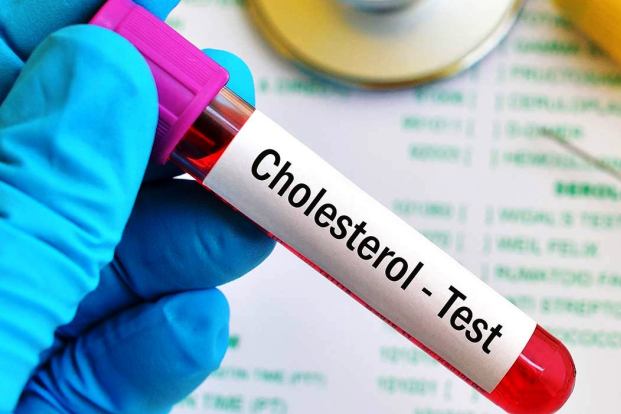How to get our cholesterol tested ?
Apr 19, 2022
High cholesterol generally does not have any symptoms. This is why it is important to get our cholesterol levels checked by our doctors. A simple blood test can throw light on our cholesterol levels & allow us to take informed decisions regarding our health.

What is included in a Cholesterol Test?
Our doctors would inform us whether we should fast prior to the test. Fasting implies not taking food beverages & medications. The duration of fasting prior to a cholesterol test is generally 9 -1 2 hours.
During this test, small sample of blood is taken from our arm or a finger. If more blood tests are required, all samples are generally taken at one time. The discomforts are minor.
Post taking the blood sample, it is analyzed in some laboratory, wherein the levels of LDL cholesterol, triglycerides and HDL cholesterol are evaluated. If one does not fast, the merely the values of the total cholesterol & the HDL cholesterol would be of use. The test report would show our cholesterol levels in milligrams every deciliter of blood. i.e.mg/dL.
For determining the cardiovascular risk of a patient, doctors consider the results of his/her cholesterol test in the context with our age, sex & family history. The other risk factors like diabetes, smoking & high blood pressure would be certainly considered applicable.
How often to get the cholesterol checked?
We recommend that all adults who are 20 or above should have their cholesterol & the other conventional risk factors checked every 4 to 6 years. Post that, individuals shall work along with their doctors for determining their risks of cardiovascular disease & stroke.
The people having cardiovascular disease & also those who are at an elevated risk, may be required to get their cholesterol, & other risk factors evaluated more often. The doctors would explain as to what the cholesterol levels mean & can also discuss the options of treatment if the numbers aren’t what they should be.
.









